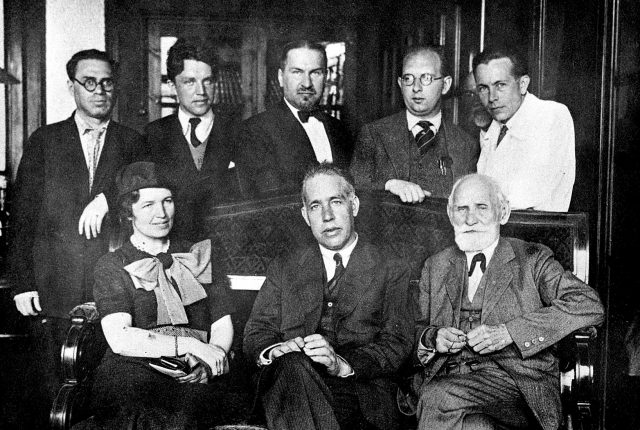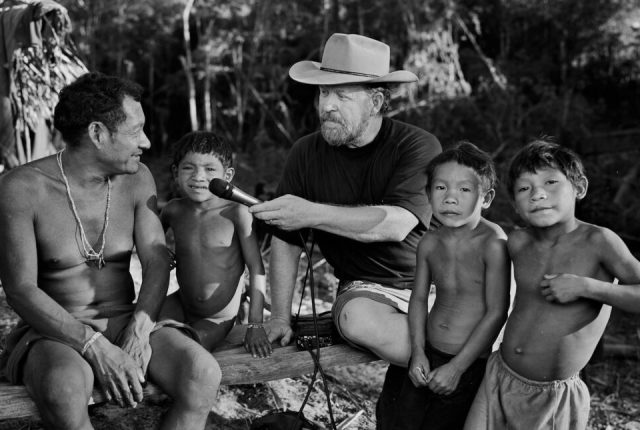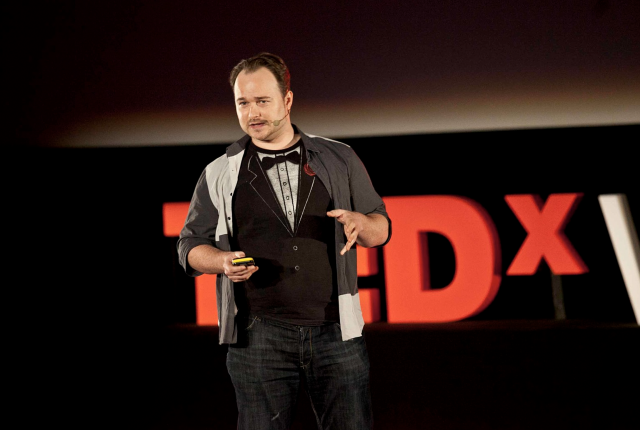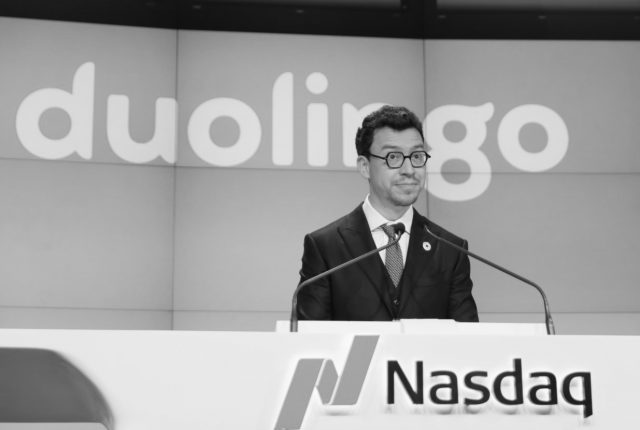
Behaviorism in foreign language learning
Behaviorism, a theory in psychology that emerged in the early 20th century, suggests that most of our actions are learned responses to different situations. According to this theory, when we…

Beginner language learners
When you’re just starting to learn a new language, you might hear the term “beginner language learners.” This term applies to anyone who is in the early stages of learning…

What does science say: The best method to learn a language (2024)
What is the best method to learn a language? This is a difficult question, but if you reflect on the last 200 years of research, the following picture emerges. You…

Gamification in language learning apps: Hidden negative effects (2023 and beyond)
Powerful computers nowadays can help us remember better, automatically recognize, translate and generate a human-sounding voice, search through massive amounts of data, generate text on any topic, or even talk…

Memory consolidation: Matthew Walker and why we learn during sleep (2017)
Matthew Walker is a neuroscientist and professor of neuroscience and psychology at the University of California, Berkeley. He is known for his research on sleep and its impact on human…

Pirahã language: Daniel Everett an why language is a cultural invention (2017)
Daniel Everett is a linguist who is best known for his studies of language in the Amazon and author of the book How Language Began. He began as a missionary…

The bilingual brain: Arturo Hernandez and why native language is different from foreign language (2013)
Arturo Hernandez is a neuroscientist and cognitive psychologist known for his research on the neural basis of language and cognition, particularly in the context of bilingualism. In 2013 Hernandez published…

Steven Pinker: Language is an instinct (1994)
Steven Pinker is a cognitive scientist and linguist who has made significant contributions to the study of language and cognition. In 1995 in his book The Language Instinct, Pinker explored…



